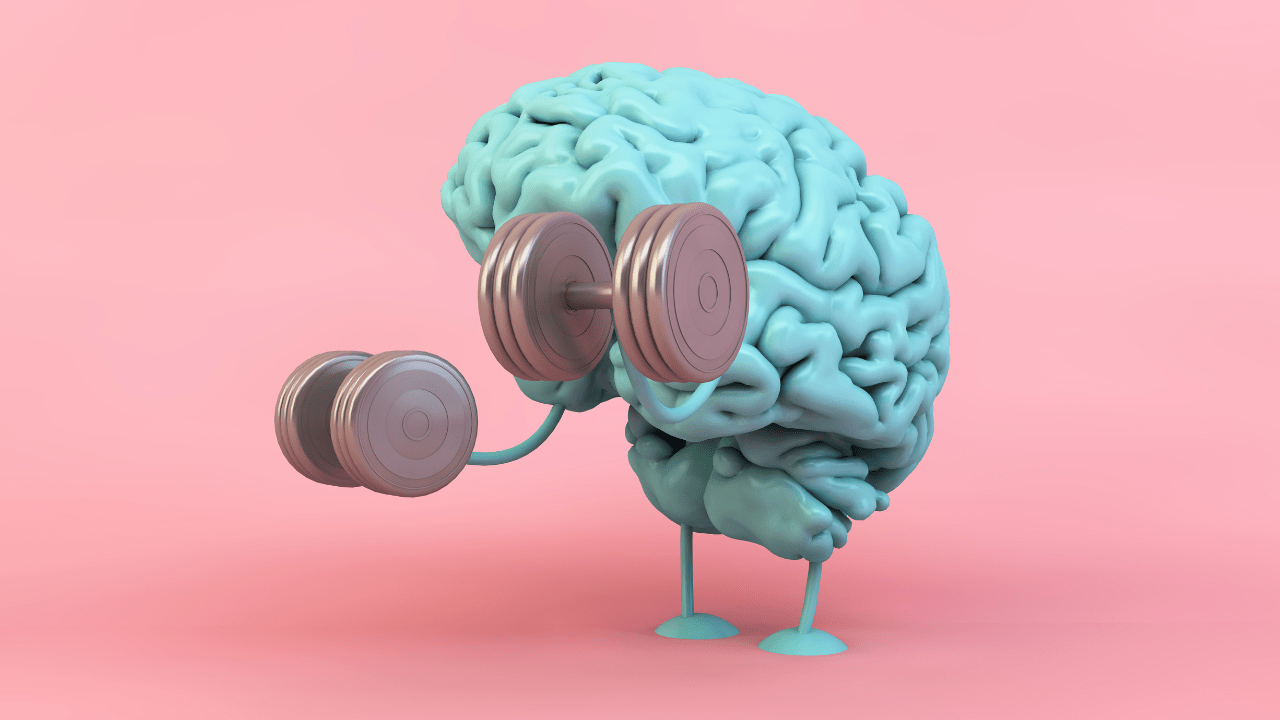Struggling with brain fog during your menopausal transition?
More than 60% of middle-aged women may suffer from cognitive difficulties and problems with concentration, with memory issues peaking during perimenopause and menopause. If you’re experiencing menopausal brain fog, it’s important to remember that you aren’t alone and that there is help available. In this video, we’ll explore some ways in which you can manage your symptoms.

What causes menopausal brain fog? Since your hormones estrogen, progesterone, follicile stimulating hormone (FSH) and luteinizing hormone (LH) play a role in cognition, fluctuating hormone levels are responsible for brain fog.
So what can you do to manage this menopausal brain fog? First of all, lifestyle change is a key to keep your brain healthy. So eat well, get good sleep, exercise and manage stress. Exercise your brain and memory with crossword puzzles and quizzes.Take up a new instrument, socialize, or take up a new hobby.
Second, add more healthy fats to your diet. Maintaining a healthy diet is also hugely beneficial for cognition. The Mediterranean diet has been widely touted for its brain protective qualities thanks to its inclusion of omega threes and unsaturated fats. Data shows that eating a mainly Mediterranean diet is linked to a slower rate of cognitive decline and a lower risk of cognitive impairment.
To support your cognitive health, add more fresh fruits, vegetables, nuts, oily fish like salmon, herring, anchovies and mackerel, and unsaturated fats, fats like olive oil, avocado, and even nuts to your diet.

Third, get sufficient rest. Getting enough quality sleep is also vitally important for overall cognitive function during the latter stages of your sleep cycle. In the rapid eye movement sleep (the REM sleep) your brain stores memories, consolidates ideas, and also processes information from the day. Due to our fluctuating hormones, however, many menopausal women also experience insomnia, which is yet another reason to prioritize your sleep.
Hygiene, stress and anxiety can increase sleep issues, so it’s important to give yourself time to unwind before you go to bed. You might consider meditation, deep breathing, yoga, or having a hot bath, for example, but not if you’re having hot flashes like me.
To prevent night sweats from affecting your sleep, ensure your bedroom is between 16 to 18 degrees, dress lightly, and avoid the heavy duvets or blankets! Finally, avoid large meals, caffeine, nicotine, even alcoholic beverages before bed as they can have a disruptive effect on how easily you’re able to get to sleep and the quality of your sleep.







